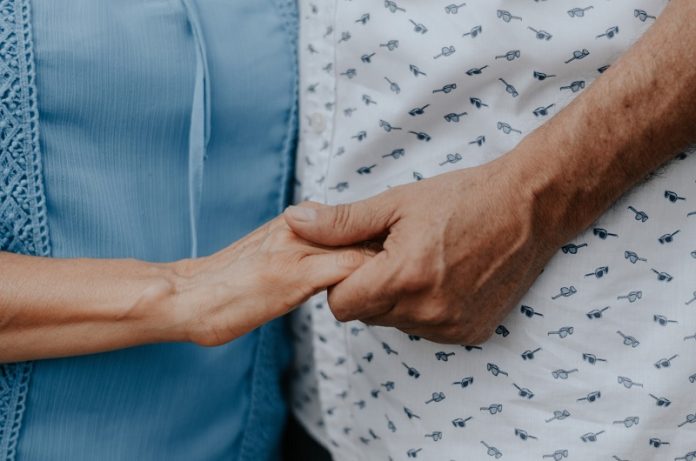
According to new research by sociologists at Cornell University, the “widowhood effect” – the observed phenomenon where spouses tend to die in close succession – is exacerbated when couples do not share a close-knit group of friends.
The findings offer fresh insight into the social dynamics of grieving and mortality.
Detailed Analysis
The researchers analyzed longitudinal data detailing the social networks, demographic, and health measures of older adults.
They found that over a 10-year study period, the probability of death was five times higher among widowed individuals whose friends weren’t close to their deceased partners.
This finding suggests that the grieving process can be more stressful when it involves many unfamiliar contacts, and the surviving spouse may lose access to important social resources that are difficult to replace.
A Double Loss
“When one of them dies, the other loses something extra,” said Benjamin Cornwell, professor, and chair of the Department of Sociology in the College of Arts and Sciences.
“It is a double loss, of both a spouse and a network.”
Cornwell and co-author Tianyao Qu analyzed data from nearly 1,200 participants in the National Social Life, Health, and Aging Project (NSHAP).
The sample included Americans aged 57 to 85 who were married or partnered and living at home when the surveys began in 2005, and followed those who reported being widowed over the next decade.
Notable Findings
Controlling for age, gender, race, ethnicity, socioeconomic status, relationship quality, and health, the risk of death in the next five years among study participants whose spouses died was nearly twice that of participants who remained married.
Surprisingly, the chance of death in the next 10 years was significantly higher for widowed study participants whose spouses didn’t communicate with their friends—28%, compared to 5% for participants whose spouses communicated regularly with their friends.
The Future of Research
The researchers note that further study is needed to fully understand these findings and their implications and to develop potential interventions.
Cornwell speculated that proactive connections with a partner’s close friends or family before a death, when possible, might help offset the stressors that amplify the widowhood effect.
Without such preparation, many widows are left navigating unfamiliar social contacts in the dark.
If you care about health, please read studies about how the Mediterranean diet could protect your brain health, and this plant nutrient could help reduce high blood pressure.
For more information about health, please see recent studies that olive oil may help you live longer, and vitamin D could help lower the risk of autoimmune diseases.
The study was published in the Journal of Health and Social Behavior.
Copyright © 2023 Knowridge Science Report. All rights reserved.



